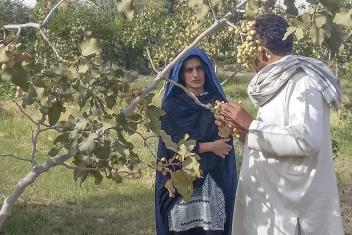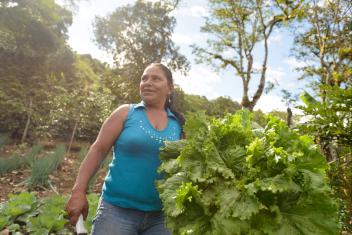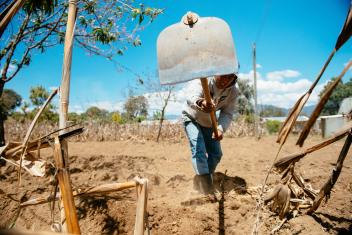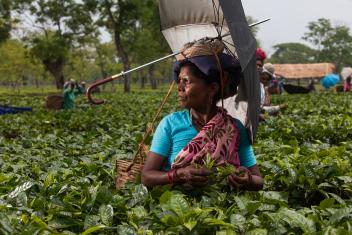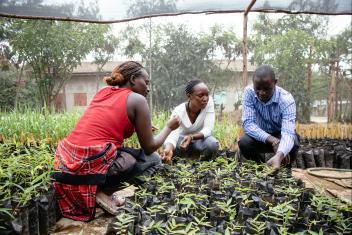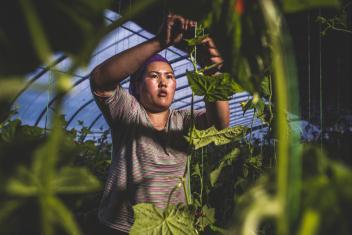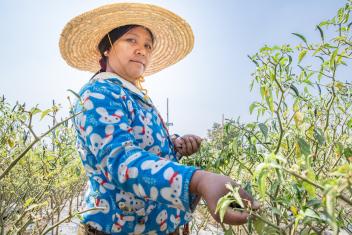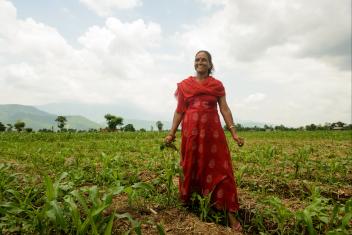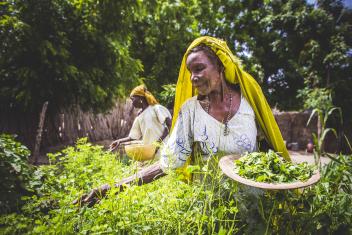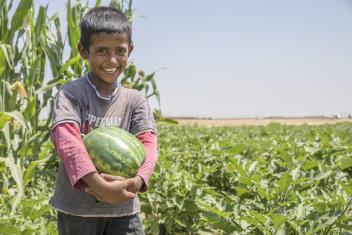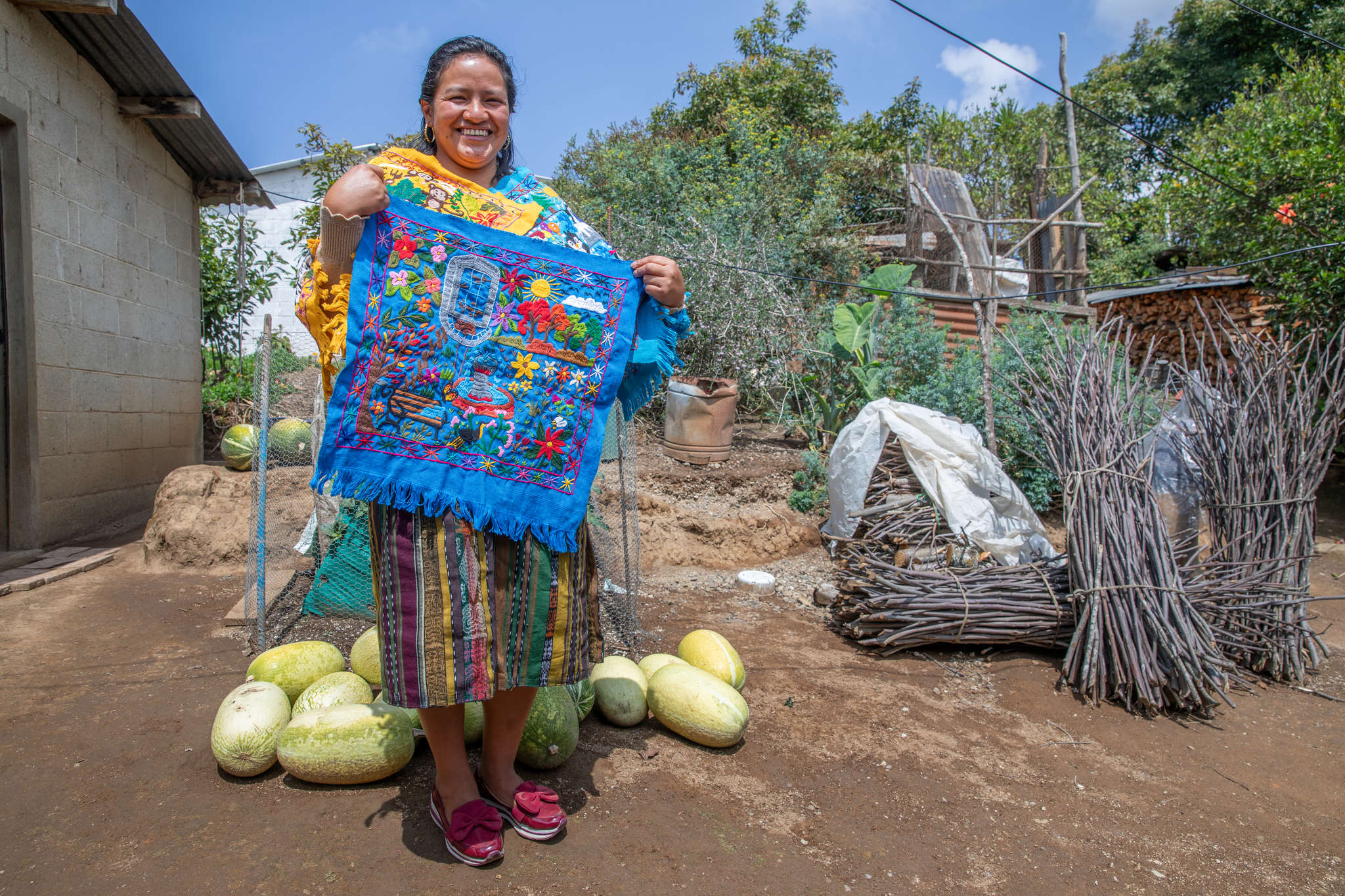Growing a future
Scenes from gardens around the world
Summer is a time to get outside and get your hands dirty. At Mercy Corps, gardening isn’t just a hobby: it’s a crucial tool to build food security around the world.
Around 2 billion people worldwide rely on what they can grow to eat. That’s a huge slice of the global population—and a major portion of the world’s poor who live on less than $2 a day.
When farmers are stronger, everyone is stronger. That’s why Mercy Corps uses gardens and demonstration plots to help families learn to grow more food. Because more food means more to eat and more to sell, more money to save for emergencies, a more varied diet, children healthy enough to go to school, and a more resilient future for everyone.
For so many people, a better future starts with a simple, local garden—maybe not too different from yours. Here’s a look at some of the gardens Mercy Corps is using to grow a future around the world.
